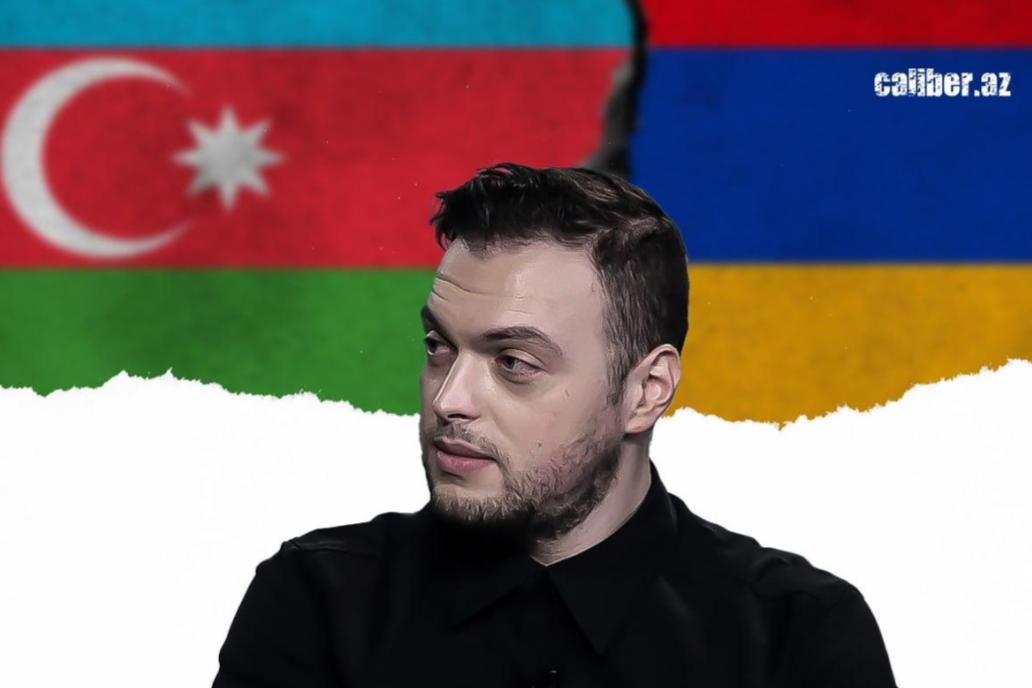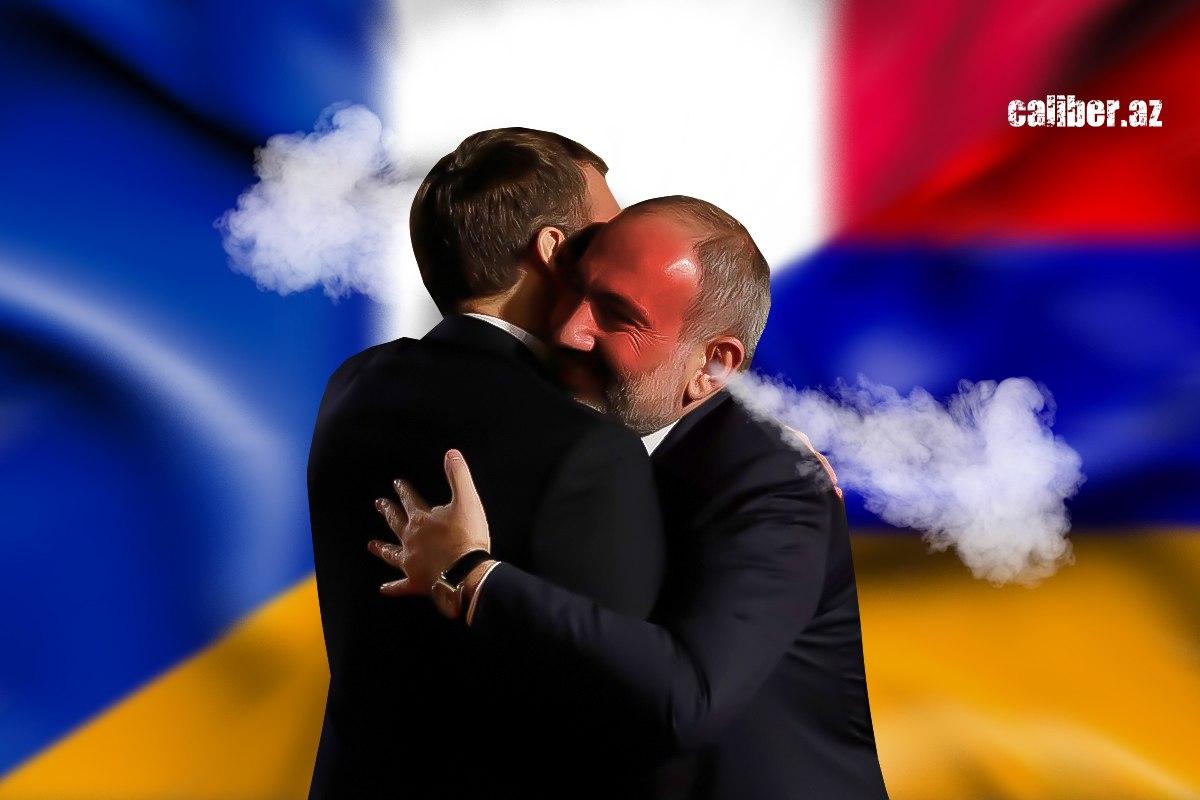French backing keeps Pashinyan reluctant to sign peace deal with Azerbaijan Caliber.Az talks to Alexei Naumov
In an interview with Caliber.Az, a leading expert of the Russian International Affairs Council, Alexei Numov shared his thoughts on the contradictory policies of the Armenian leadership, the consequences of the withdrawal of the Russian base from Armenia, and the French influence on Yerevan's post-conflict decisions.
- In your opinion, what steps can Russia take in response to Armenia's attempts to change its security umbrella?
- There is a certain period of new openness in relations between Russia and Armenia. Moscow sees that some post-Soviet illusions about a common destiny of the peoples led to the traditional alliance with Armenia, which never made sense (it never benefited Russia itself). But now we see where it led and what this alliance costs Armenia. I think that eventually, Russia will realise that it has no reason to continue the actual allied relations with Armenia and will start to isolate the South Caucasus from external influence. Russia is going to do this together with those countries in the region that share this goal. Accordingly, these are Azerbaijan, Iran and, to some extent, Georgia. However, we are aware that the latter is a secondary player in this list. Iran is keen on preventing external forces from entering the region, and Azerbaijan is not interested in allowing extra-regional forces to enter the region either. What's more, the Karabakh conflict is now over, and this was one of the painful issues in Russian-Azerbaijani relations. In this regard, I expect relations between our countries to improve, including against the background of building a new global world order based on the sovereignty of different states. Russia and Azerbaijan fully share these positions, and I am upbeat about this.

- What is your view on the latest resolution adopted by the European Parliament, which suggests that Armenia should be considered for EU accession? What are Yerevan's chances in this regard?
- I see this resolution as a carrot that the EU is offering to Yerevan, although we know that Armenia will not join this structure. Türkiye has been waiting for this for many years and Armenia is not economically attractive to the EU, most likely it is guaranteed to be a recipient country, not a donor country, i.e. a recipient of additional payments. The European Union does not need that. A unanimous decision is needed to admit a country to the EU, and that will not happen. Most likely, the hypothetical membership in the EU will loom over Armenia to act as an agent of the West's will in the region, but in reality, we will not see Armenia joining the organisation.
- Do you think that Russian troops could leave Armenia anytime soon?
- I allow the withdrawal of Russian military bases from Armenia in the medium term, but I don't think it will be a great loss for the Russian Federation. The fact is that the presence of these troops in Armenia has been primarily beneficial for Armenia as a security guarantee. We see that Armenia does not want to fulfil the conditions of the trilateral declaration and open the Zangezur corridor, and the presence of the Russian military could be a kind of incentive for Yerevan to do so. But Azerbaijan will not get what is due to it by force, because there is a Russian military base there. If the bases are withdrawn from Armenia, this issue will be settled at the earliest opportunity, regardless of whether Armenia is a member of the CSTO, because Armenia is failing to fulfil its obligations. Therefore, I don't see any great tragedy in the fact that the Russian military base will be withdrawn from Armenia; on the contrary, it will dot the i's and bring the reality in line with the current situation in international relations.
- Should we be discussing the possibility of a peace agreement in the context of the arms build-up in Armenia?
- As far as the peace agreement is concerned, Nikol Pashinyan is walking a tightrope over a precipice. On the one hand, he needs to keep Armenia at the forefront of discussions in the European Union, the United States and Russia, and signing a peace agreement is not necessary for that. With the signing of this agreement, Armenia will quickly be off the front pages of the world's publications and be of no interest to anyone. Nikol Pashinyan does not need it, because, with the signing of the peace treaty, he will have a much greater chance of losing power. His rejection to sign the peace treaty may trigger Azerbaijan to try to get its own by force and solve territorial issues, including the opening of the Zangezur corridor. So I think that the likelihood of signing a peace agreement has decreased now that the Armenian prime minister has felt the French support.

- What is your opinion on Paris' attempts to infiltrate the South Caucasus and the possibility of French bases in Armenia?
- I agree with Azerbaijan and Russia regarding this issue, according to which penetrating the South Caucasus by external forces is disastrous for the region. Paris has the following objectives here. First, it is trying to establish itself as a pan-European leader, having displaced Germany, and to play on its former imperial greatness, which appeals to the French.
Second, Macron needs a strong, assertive France for his party's candidate to win the election, as alternative candidates, including those from the far-right National Union party, are gaining popularity. So I think France will try to enter the South Caucasus and is ready to open military bases. But Armenia's role as an unwilling conduit of the French will turn it into a pariah in the region. In this case, Armenia will have to become a military base, and instead of trading with its neighbours and becoming wealthy, it will be dependent on supplies from France. That is why Paris' attempt to enter the region is disastrous for the peace process and the establishment of seamless relations within the South Caucasus, and will not make anyone happy.








